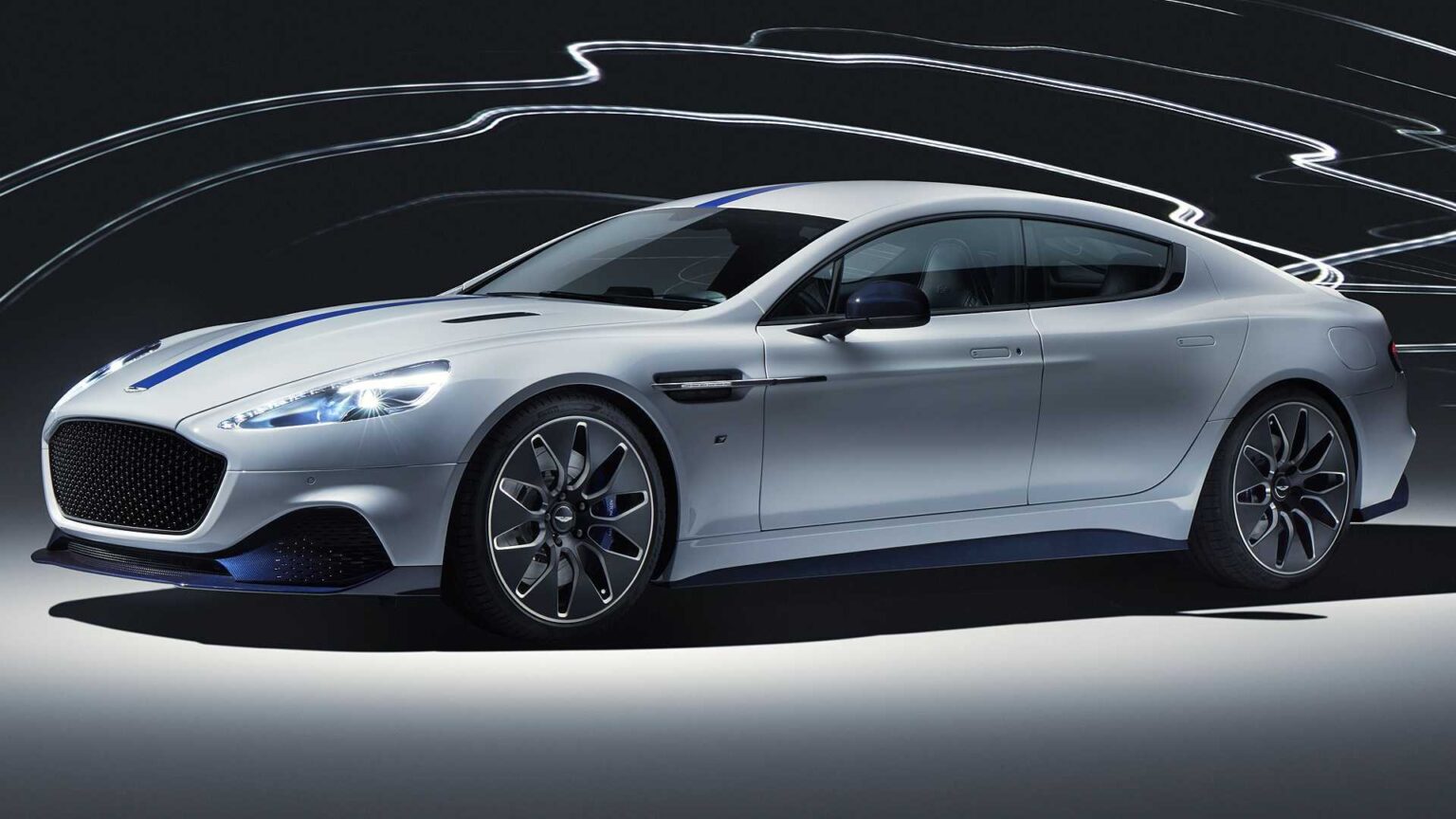In the early 2010s, there were reports about Aston Martin giving the Toyota iQ-based Cygnet the electric treatment. That never happened. In 2019, the production-ready Rapide E broke cover, but that one, too, failed to see the light of day. Plans for a Lagonda sub-brand that was supposed to sell only electric cars were also scrapped. Notice a trend? Fast-forward to 2025, and the Gaydon brand is still reluctant to launch an EV.
Based on recent promises, the first electric car from the British elite brand was supposed to be released in 2025 but was subsequently pushed back to 2026. The official word from recently appointed CEO Adrian Hallmark is that the inaugural EV will come “this decade.” Speaking with Automotive News, the company’s boss admitted that a part of the customer base “hates them [EVs] with a deep-rooted passion because they think they are being told they can’t have a V-12 or V-8. There is no better way to trigger a billionaire or multi-millionaire than to use the word, ‘No.'”
However, Aston Martin is noticing a shift in preferences as more and more people are “pro EV.” But circling back to the “this decade” timeline, it could mean the first electric car won’t come out until closer to 2030. When the day comes, it’ll either be an EV version of an existing model or a completely different car. The initial plan was to opt for the latter scenario. Still, the company is rethinking the strategy, so a zero-emission model based on a current nameplate is being considered.
Aside from the reluctance toward EVs expressed by some buyers, weight is also a concern. The company’s top brass explained that a combustion engine adds about 330 pounds (150 kilograms), whereas the average battery tips the scales at 1,543 to 1,763 pounds (700 to 800 kilograms). Hallmark said it’s impossible for the engineers to cut fat in other areas to compensate for the added bulk of the battery pack. The solution will come from solid-state batteries; when Aston Martin projects, it’ll shave off 30% of the weight compared to current batteries.
Aston Martin customers unwilling to buy electric cars are not a minority among one-percenters. A few years ago, before being acquired by BMW, Alpina said its buyers were not interested in EVs. More recently, Bugatti Rimac CEO Mate Rimac said last year that high-end buyers are not enamored with electric hypercars.

11
While Aston Martin and Pagani are taking their time before dipping their toes into the electric super-luxury segment, Ferrari will unveil its first EV in October. Next year, Bentley will do the same by taking the wraps off its “urban SUV,” positioned below the Bentayga in terms of size. Rolls-Royce already has the Spectre coupe and will unveil a second electric model in 2025.
Had Bugatti stayed under the Volkswagen Group umbrella, it would probably have an electric car by now or in the foreseeable future. Mate Rimac admitted in an interview that the original plan was for the Chiron successor to lose the gas engine. Thankfully, that didn’t happen. The new Tourbillon features a naturally aspirated 8.3-liter V-16 co-developed with Cosworth, a monster of an engine that sounds fantastic.
Read the full article here



